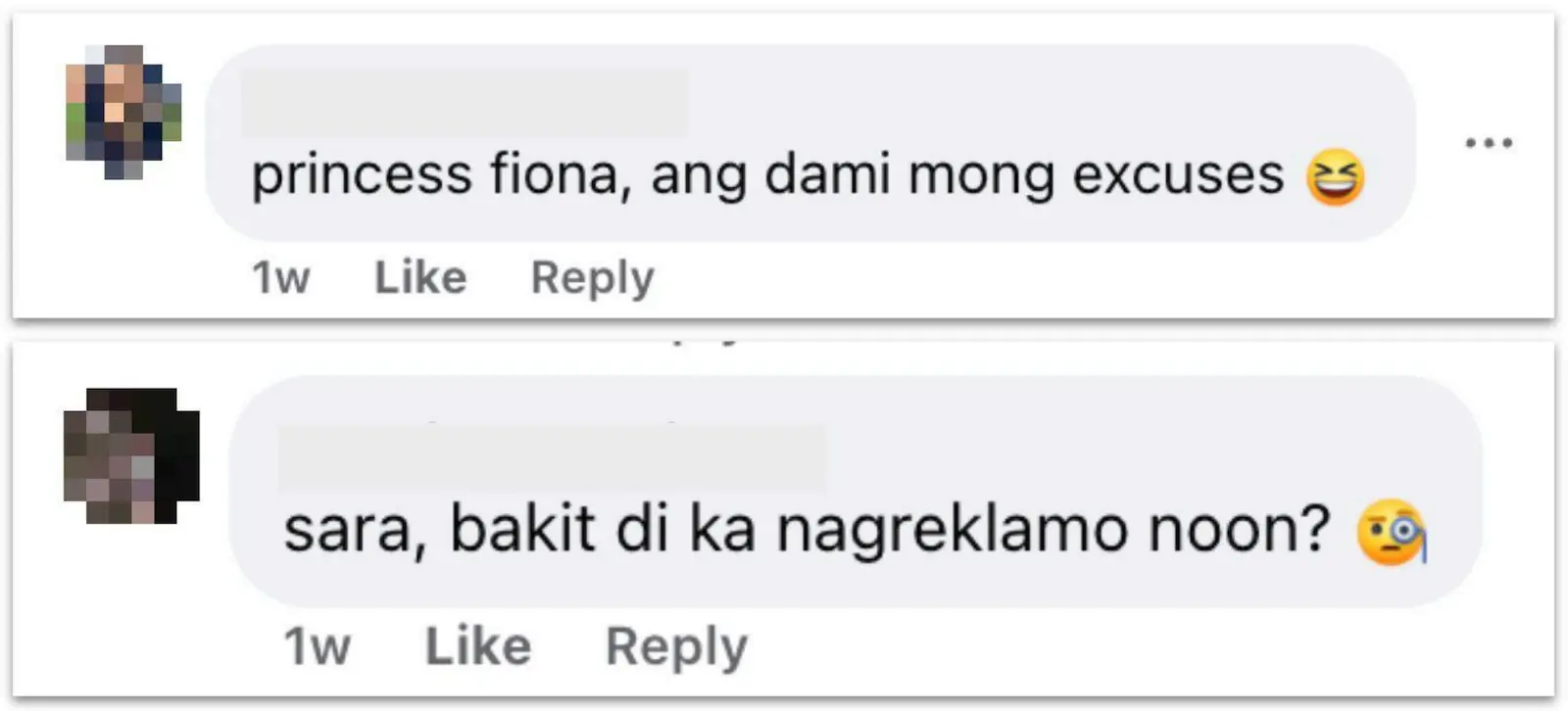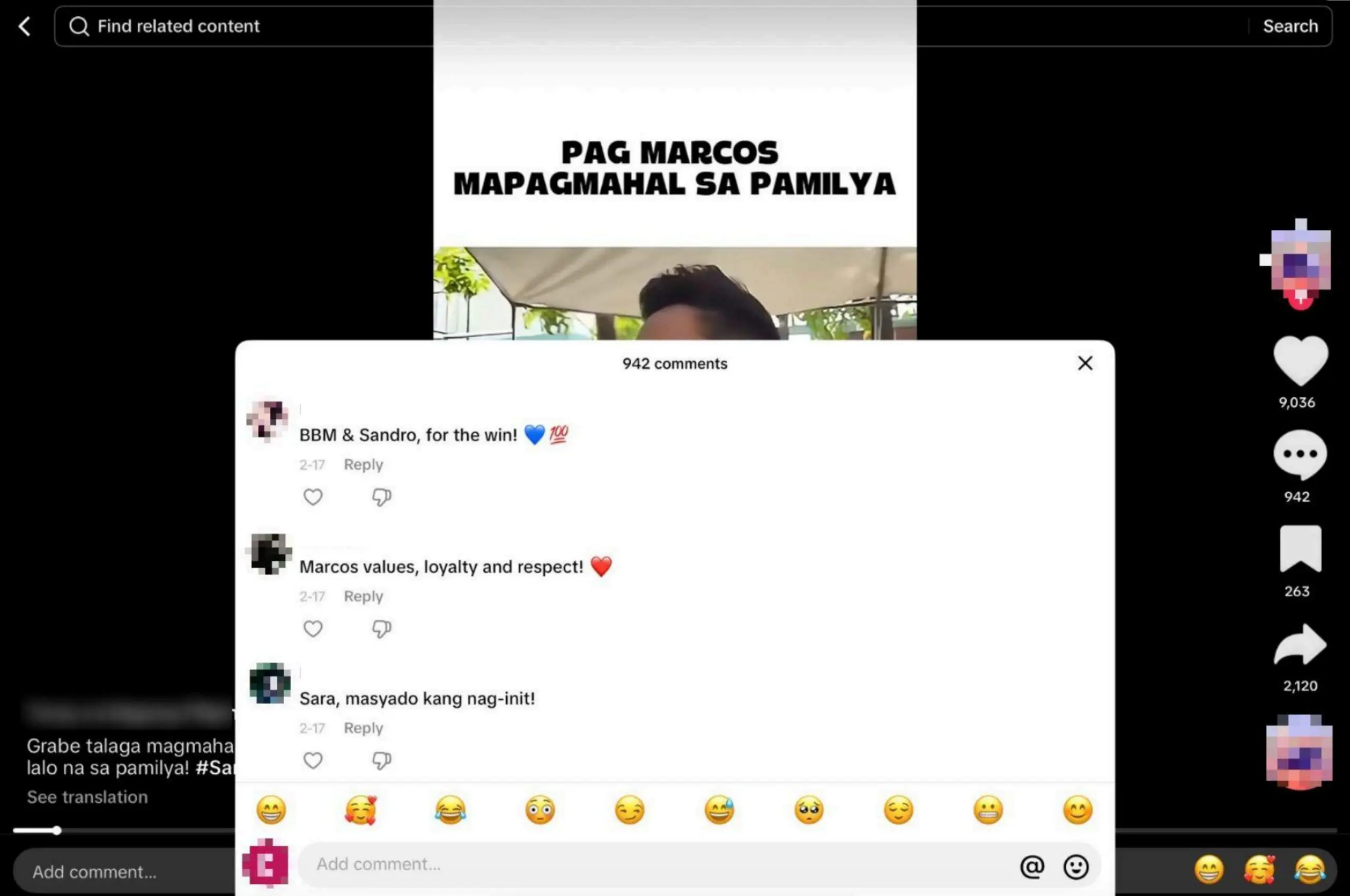Artificial intelligence (AI) company OpenAI has banned accounts on its generative A.I. chatbot ChatGPT for generating “bulk volumes” of social media comments related to national politics, particularly the administration of President Ferdinand “Bongbong” Marcos Jr., the company said in a report published Thursday, June 5.
The social media comments, many of them expressing sentiments favoring Marcos, are reportedly part of a larger influence operation using ChatGPT and linked to local marketing communications firm Comm&Sense Inc. The report refers to the firm as a “threat actor.”
Accounts linked to Comm&Sense were found to have used ChatGPT to analyze political content on social media, particularly those involving Marcos, and to suggest themes for replies to those posts. Then, they asked the chatbot to generate short comments that follow the suggested themes, and post these comments on Facebook and TikTok.
Comm&Sense also allegedly utilized ChatGPT to generate public relations pitches and statistical analyses for its operations.
“These pitches stated that the operation had created five TikTok channels aimed at promoting Marcos’ agenda,” OpenAI said. Each channel posted the same videos with different captions starting mid-February 2025, and received AI-generated comments from other accounts.
On Facebook, the comments appeared under posts of mainstream news outlets like ABS-CBN News. Between Facebook and TikTok, the AI-generated comments were found to be in the thousands, but rarely received engagement in likes and replies.

“The goal of the Facebook commenting was to inundate the comment sections,” according to OpenAI. The A.I. company also stated that after banning the accounts linked to the operations, Comm&Sense attempted to create new ones.
The report is part of OpenAI’s efforts to investigate and stop “malicious” A.I. use. “We’ve been able to detect, disrupt, and expose abusive activity [on ChatGPT] including social engineering, cyber espionage, deceptive employment schemes, covert influence operations, and scams,” the tech company said. A “significant number” of these activities reportedly originated in China but are also found in other countries, including the Philippines, Cambodia, Rwanda, Russia, and Iran.
As of now, there are no laws addressing influence operations like the one reported by OpenAI. The Cybercrime Prevention Act of 2012 does not cover influence operations, which may include the use of troll farms and organizing disinformation campaigns, though it punishes cyber libel.
In December 2024, Puwersa ng Bayaning Atleta Representative Margarita Ignacia “Migs” Bendigo Nograles-Almario authored and filed a bill seeking to criminalize troll farms. The House of Representatives is currently conducting hearings in aid of legislation tackling online disinformation in the Philippines.
Rolling Stone Philippines has reached out to Comm&Sense Inc., but they did not immediately respond for comments.







